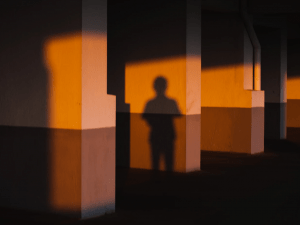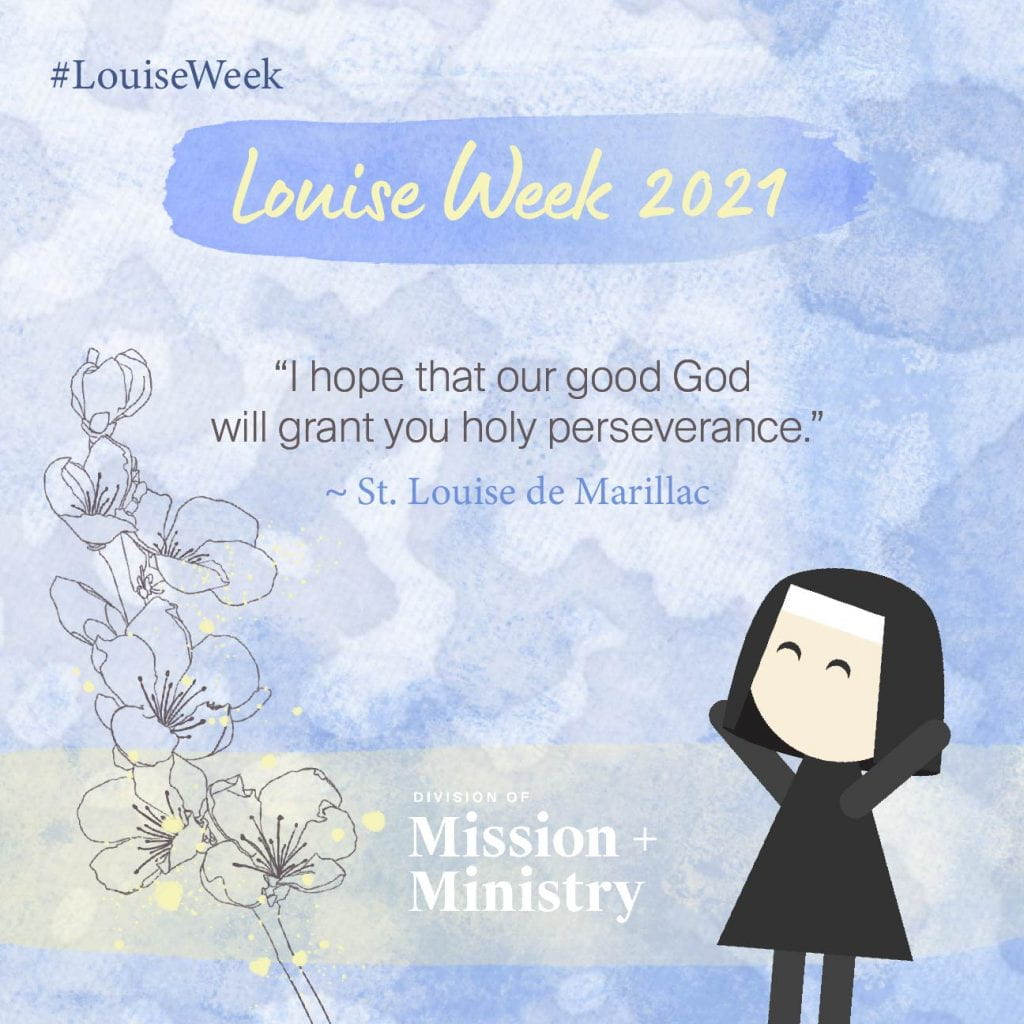 This last week at DePaul has been unprecedented even by the standards of this past, most challenging, year. First, our hometown of Chicago became the largest city in the country to fully reopen following the outbreak of Covid-19; and so, after 15 months of restrictions, we contemplate a “return to normalcy” with care and even a little hesitation. Also, we celebrated commencement and the end of an academic journey, virtually but with style, for graduates who confront a world tested, humbled, and changed by pandemic and social upheaval. Finally, and most unexpectedly, we learned that Dr. Gabriel Esteban will step down as DePaul’s president as of June 30, 2022. All of which underscore that transition and adaptation, daunting but hope-filled, will continue.
This last week at DePaul has been unprecedented even by the standards of this past, most challenging, year. First, our hometown of Chicago became the largest city in the country to fully reopen following the outbreak of Covid-19; and so, after 15 months of restrictions, we contemplate a “return to normalcy” with care and even a little hesitation. Also, we celebrated commencement and the end of an academic journey, virtually but with style, for graduates who confront a world tested, humbled, and changed by pandemic and social upheaval. Finally, and most unexpectedly, we learned that Dr. Gabriel Esteban will step down as DePaul’s president as of June 30, 2022. All of which underscore that transition and adaptation, daunting but hope-filled, will continue.
During times of more-than-usual change and challenge, it is natural, even necessary, to gravitate towards things that help to ground and guide us. Our Vincentian mission is one of these things. Tried and tested over the centuries and capable of being adapted when need be, what wisdom does our Vincentian tradition hold for us at this moment? Here are a few suggestions:
RARELY IS ANY GOOD DONE WITHOUT DIFFICULTY.(1) Do not expect things to be easy but accept and even embrace that there will be challenges on the road to success. Challenges we can learn and grow from and eventually overcome.
BY UNION AND COUNSEL, WE CAN ACHIEVE ANYTHING.(2) Working together respectfully, dialoging and listening deeply to each other are the best ways for us to make progress as a community.
BE COURAGEOUS.(3) Now is not the time to act from fear, but instead we need to act from love with boldness and creativity.
MAKE GOOD USE OF THE PRESENT.(4) Opportunities to do good abound, if we are mindful and attentive and take advantage of this moment. The future will take care of itself.
GOD HAS GREAT PLANS FOR YOU.(5) For each one of us and for our university, choose to believe that we matter, that we are doing worthwhile things and that our story continues to unfold with hope.
Reflection questions: How do you understand these words of wisdom from our Vincentian tradition? Which of them is most timely for you in your current reality? How or why? What are other sources of guidance or inspiration for you?
Follow this link to access online resources centered upon our Vincentian mission and tradition: All Things Vincentian
1) Letter 1487, To Philippe Le Vacher and Jean Barreau, [1652], CCD, 4:361. Available at: https://via.library.depaul.edu/coste_en/
2) Ibid., 360.
3) Conference 135, Repetition of Prayer, 22 August 1655, CCD, 11:265.
4) L.328, To My Very Dear Sister Jeanne Lepintre, 22 September 1651, Spiritual Writings of Louise de Marillac, 371. Available at: https://via.library.depaul.edu/ldm/
5) Letter 1202, To A Priest of the Mission, In Saintes, 27 March 1650, CCD, 3:615.
Reflection by: Tom Judge, Chaplain, Faculty and Staff Engagement, Mission and Ministry






